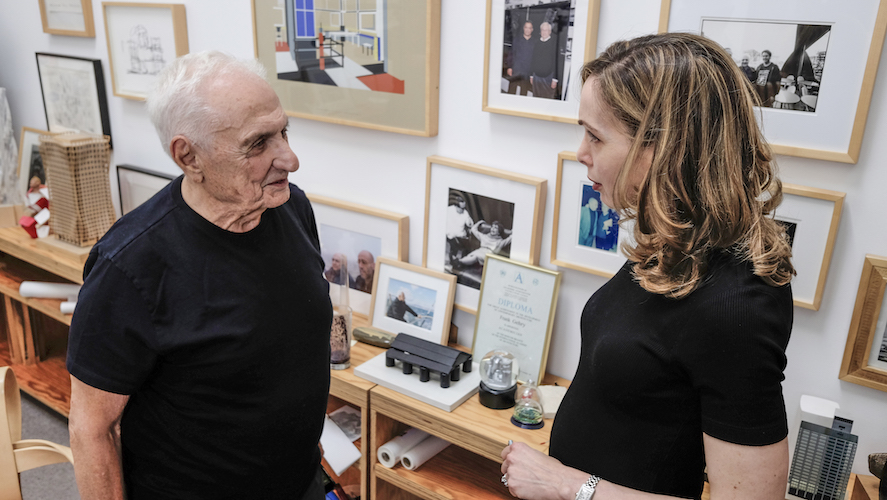


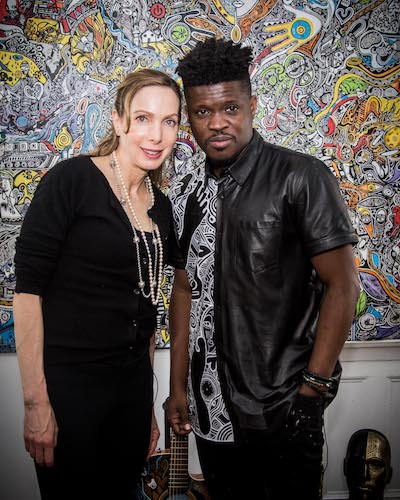

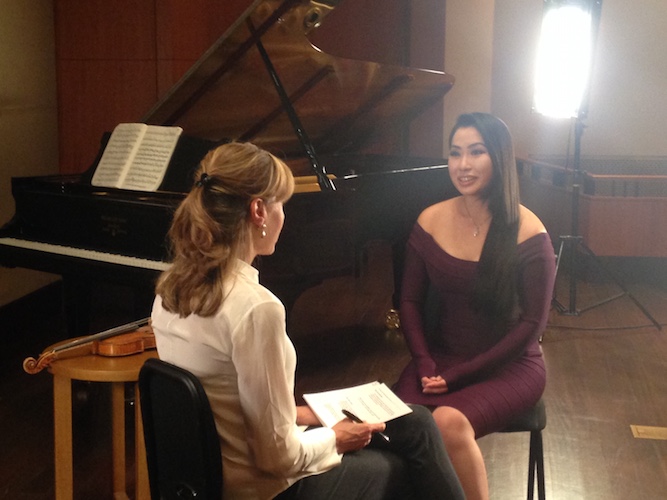
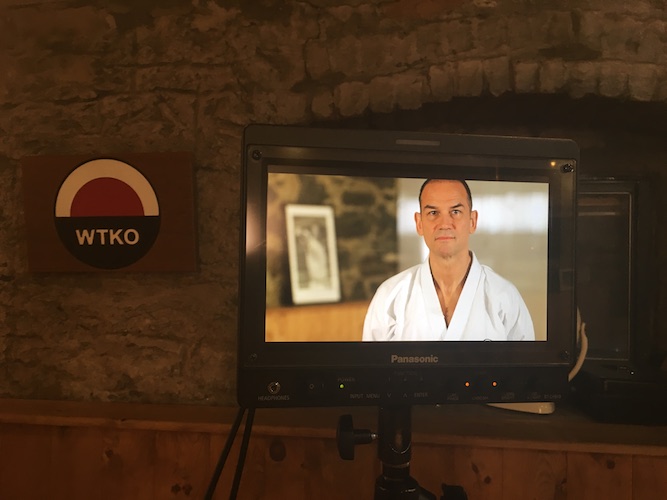
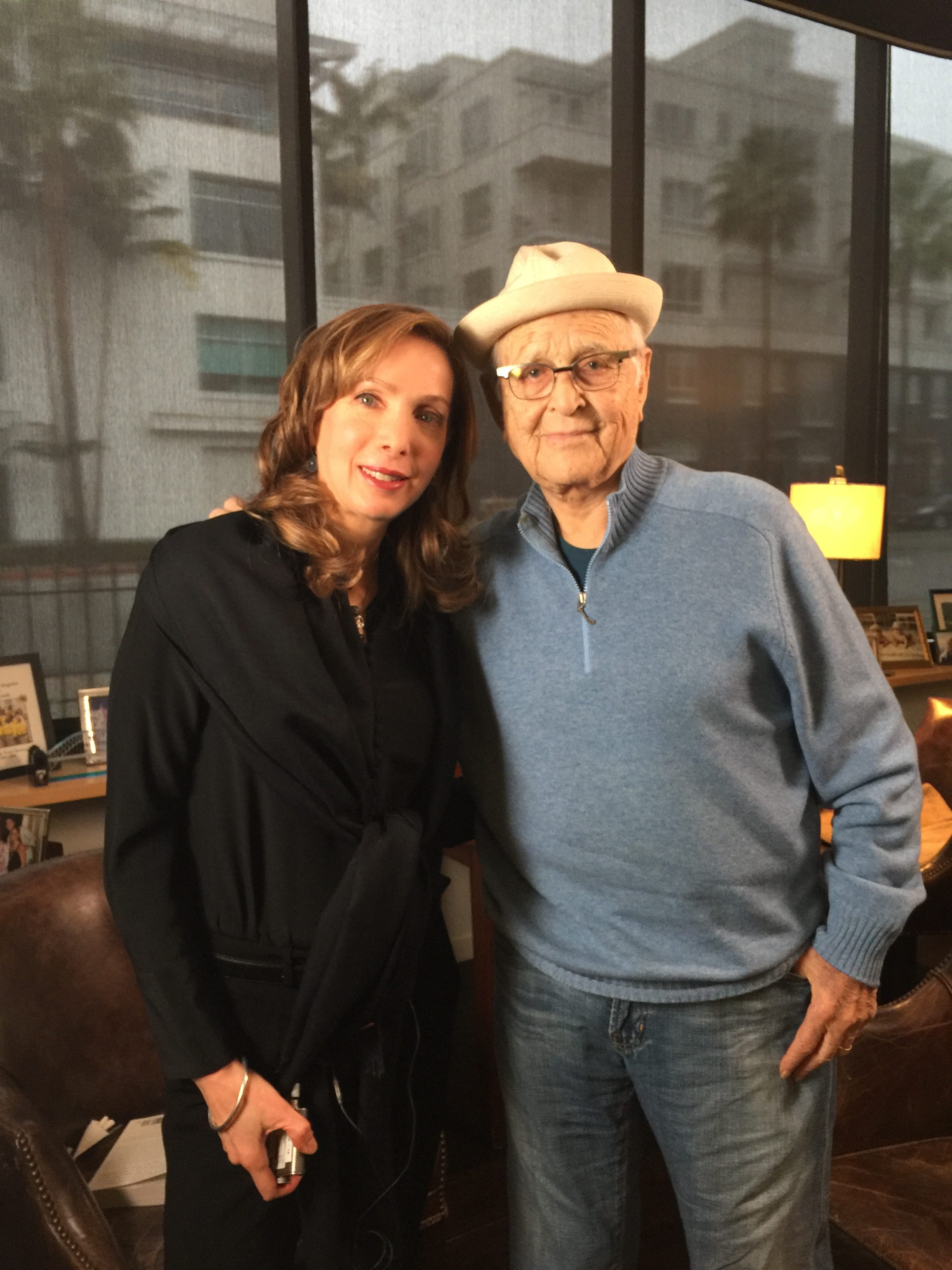
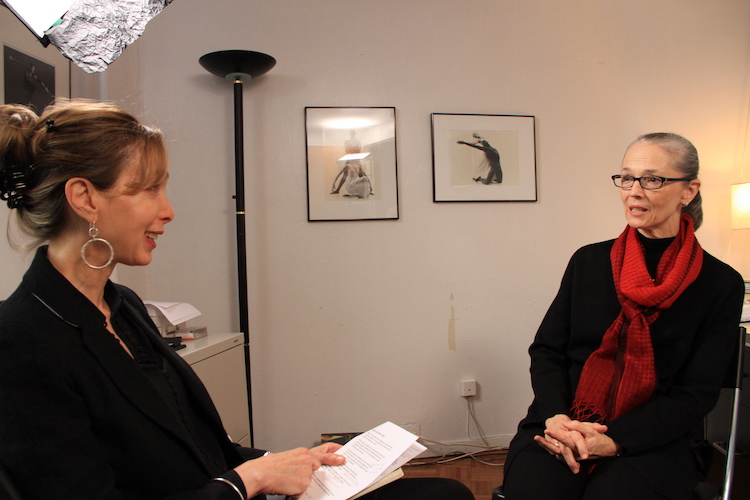
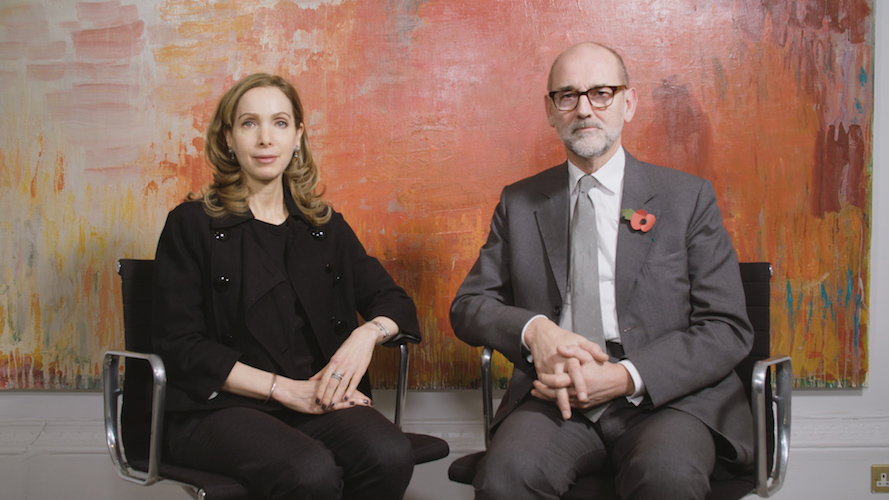
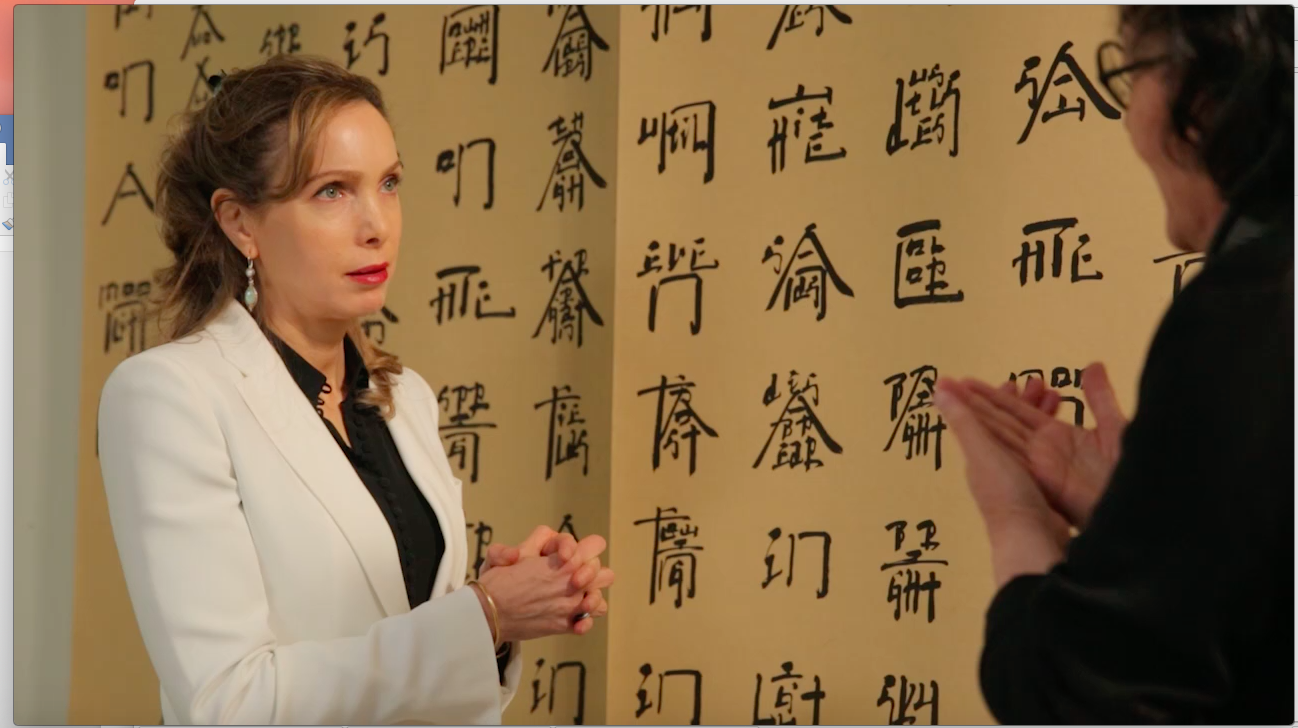

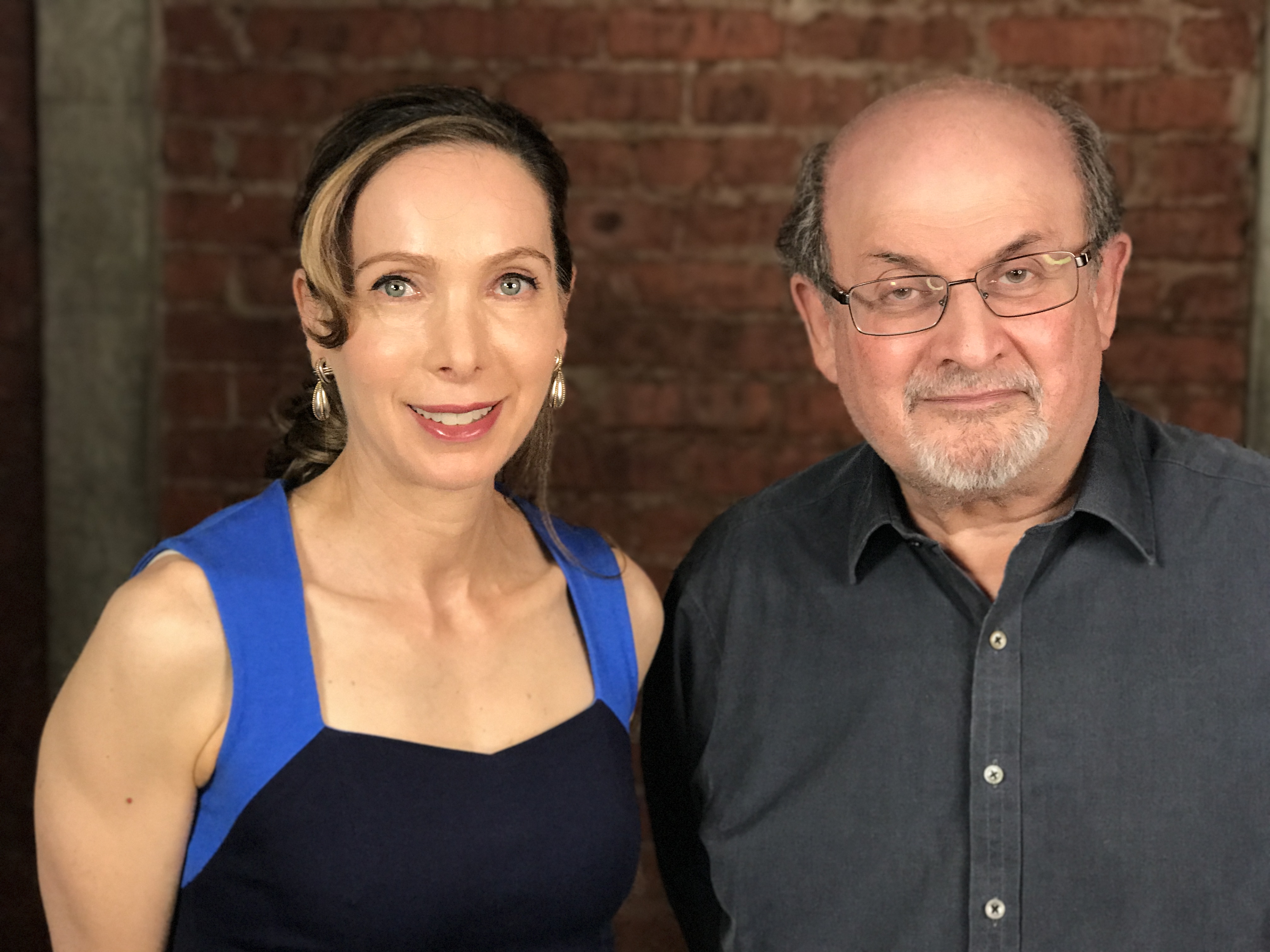











As today’s technology and global risks race ahead of our understanding and stretch the boundaries of humanity, we face unprecedented ethical conundrums. Reaching beyond the sciences and religion to the arts offers essential insight into these challenges. Ethics & the Arts hosts conversations with some of the world’s leading artists and arts world pioneers on how they understand and influence today’s greatest ethical challenges through the arts.
Frank Gehry Renowned Architect
Christopher Le Brun President Royal Academy of Arts
Sarah Chang Renowned Violinist
Martin Roth Former Director Victoria & Albert Museum in London
Yana Peel CEO Serpentine Galleries in London
Janet Eilber Artistic Director Martha Graham Dance Company
Richard Amos Sensei Chief Instructor World Traditional Karate Association
Sir Salman Rushdie Renowned Novelist
Master Xu Bing Renowned Artist
Paul Thompson Rector The Royal College of Art
Jonathan Taplin Author Move Fast and Break Things
Laolu Senbanjo Artist, Body Artist and Activist
Jin Xing Renowned Chinese Dancer and TV Talk Show Host
Norman Lear Legendary TV Writer & Producer
I am immensely grateful to the artists and art world leaders who have so generously joined this exploration of Ethics & the Arts. Their unique insights and stories stretch our visions of artistic and ethical possibilities. They also inspire us to probe our ethical discipline, creativity, and commitment.
These leaders reassure us that we don’t need to be a world famous architect or violinist to consider challenging decisions we face individually and societally through the lens of the arts—one of the most fundamentally human ways we interpret, express, and influence our world.
But they all insist on our shared responsibility to define (and perhaps redefine) the boundaries and behaviors of humanity in today’s world of designer genetics and civilian space travel. They all agree that the ethics buck stops with each of us even if our refrigerators are “artificially intelligent” and our cars drive themselves. In sum, our ethics are not only universally pertinent and connecting, they also tether us to our humanity.